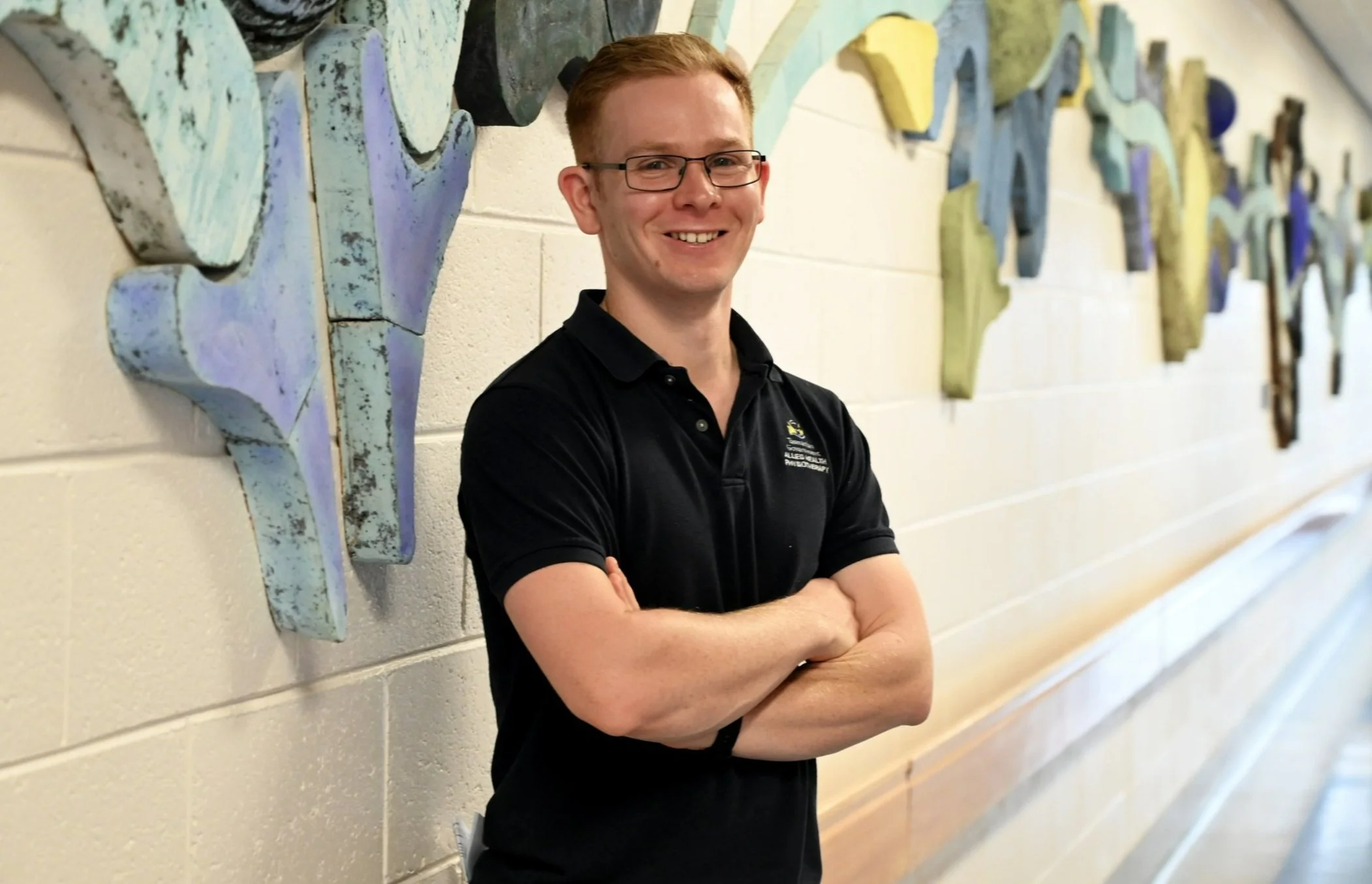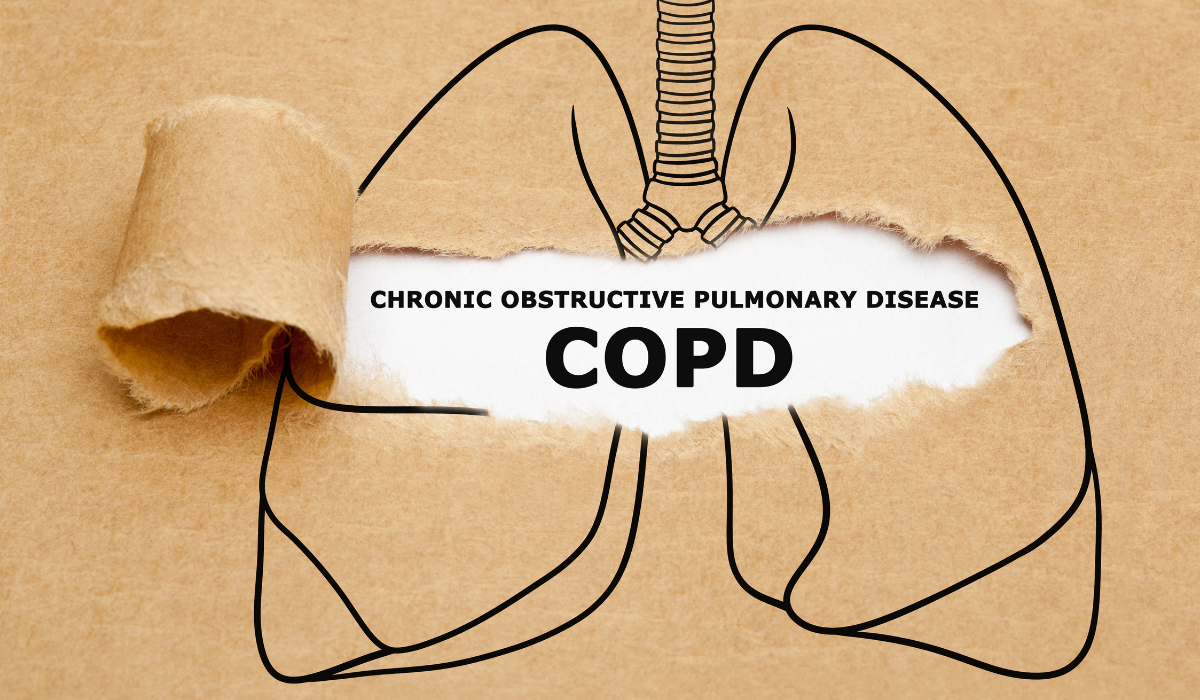Physiotherapy management of COPD patients
“Like all healthcare, we aim to get the right treatment for the right patient at the right time”
Christopher Hall
Does the dosage of acute physiotherapy management of Chronic Obstructive Lung Disease affect OUTcomes - COPD OUT - a pilot randomised control trial for equivalence and feasibility – Chris Hall - $86,108
Chronic Obstructive Pulmonary Disease is Australia’s second leading cause of avoidable hospital admissions. In 2018-19 the Launceston General Hospital had more than 600 patients admitted for the management of COPD, which is characterised by persistent and progressive airflow limitation.
As the prevalence of this condition in our population increases, we need to be sure that treatments are timed correctly and given in the correct amount – like the prescription of medication.
This study is a pilot phase trial designed to test if a minimal inpatient physiotherapy program is safe and feasible to deliver, compared to an intensive physiotherapy program in hospital-admitted patients with COPD, admitted for an acute respiratory illness.
The two arms of the trial include physiotherapy management approaches of assisted mobilisation, airway clearance, patient education, and referral to outpatient pulmonary rehabilitation on discharge.
Considering the lack of prior research in this field, it is vital to ascertain if a complex multimodal physiotherapy clinical trial is feasible and safe to deliver. It is also important to assess the appropriateness of trial design and conduct prior to progressing to a definitive large-scale multicentre trial.
About the researcher
Christopher Hall is a Senior Physiotherapist at the Launceston General Hospital. Growing up in Brisbane, he studied physiotherapy at The University of Queensland, graduating with Honours in 2016. He then worked at the Royal Brisbane and Women's Hospital before moving to Tasmania in July 2020. He hopes to commence a Master’s degree this year through Monash University.
Q. Why did you want to become a physiotherapist?
A. I became a physiotherapist due to my love of the outdoors and all things sporting-related. During my studies I found myself becoming more interested in acute care settings and the role physiotherapy can play to help people recover during and after hospital stays. I love my job as it allows me to get to know patients as I work with them. It's a very busy role and requires me to be on my feet all day but, it's worth it to see a patient safely walk out of the hospital.
Q. Where does your interest in this area of research come from?
A. I've developed an interest in working with people with COPD from working in the acute medical unit at the Launceston General. A lot of my work there is with patients who require hospital admission for the management of their COPD and everyone is always referred to physiotherapy for advice on exercises and breathlessness. I've also spent time working in the NICS building in an outpatient role, helping people build back their confidence to exercise, walk and manage their COPD. It's an extremely enjoyable area of work to help someone achieve their goals after a hospital stay.
Q. What are you hoping will come out of this study?
A. I'm hoping we will gain a more thorough understanding of how much physiotherapy input these patients need during their hospital stays and how we can translate that and update our clinical practice. Like all healthcare, we aim to get the right treatment for the right patient at the right time.
Read more about our 2023 Medical Research Grants here.


